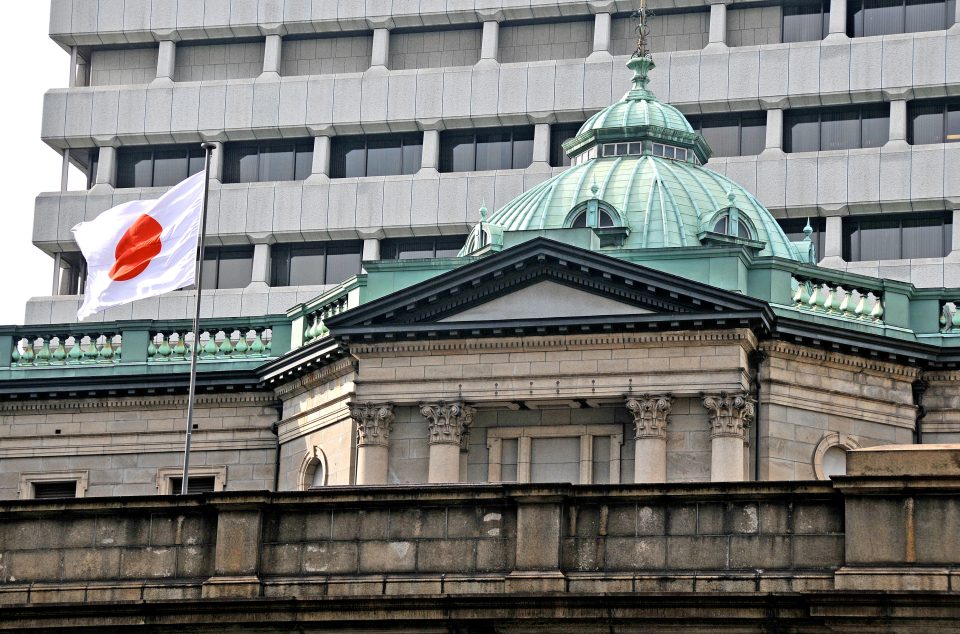Japan’s central bank continued to maintain its ultra-loose monetary policy despite stronger-than-expected inflation and fragile economic growth. The Bank of Japan (BOJ) remains a dovish outlier among global central banks.
After a two-day meeting, BOJ held its short-term interest rate target at -0.1% and a 0% cap on the 10-year bond yield set under its yield curve control (YCC) policy, as expected by market participants.
In contrast, the US Federal Reserve left rates unchanged Wednesday after 10 straight hikes, while the European Central Bank on Thursday raised its primary rates to the highest levels in 22 years.
After the announcement, the yen fell as much as 0.3% to 140.70 per US dollar. Although, it later recovered and gained 0.5% to touch 140.99 per dollar. The Nikkei 225 similarly reversed earlier losses to creep higher, while Japan’s benchmark 10-year government bond yield fell to 0.4% after the decision, well off the implicit 0.5% cap set for the maturity.
The core inflation rate of the country, which stood at 3.4% in April, has been consistently above BOJ’s target for over a year. Japan’s first-quarter growth was revised sharply higher to 2.7% after a delayed recovery from the pandemic driven by solid corporate and household spending.






